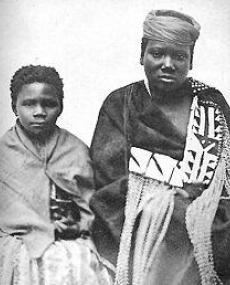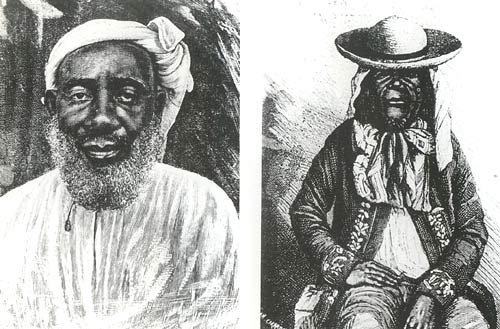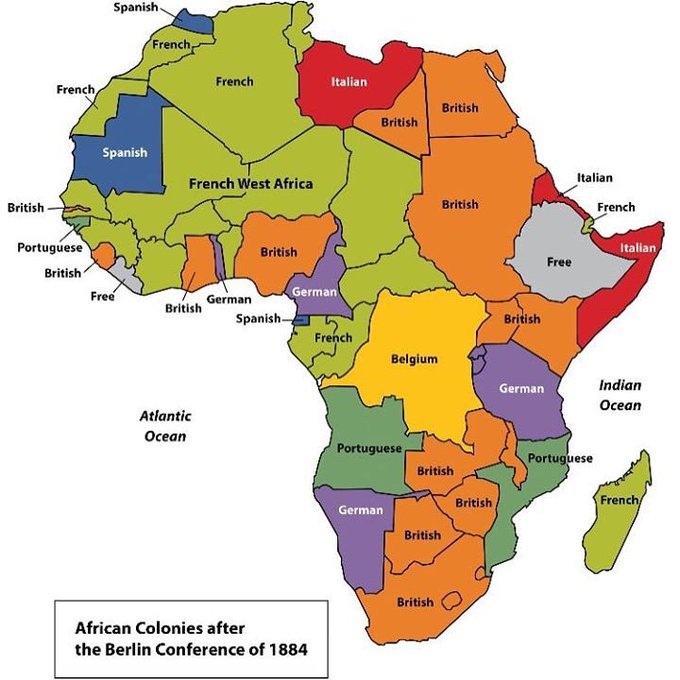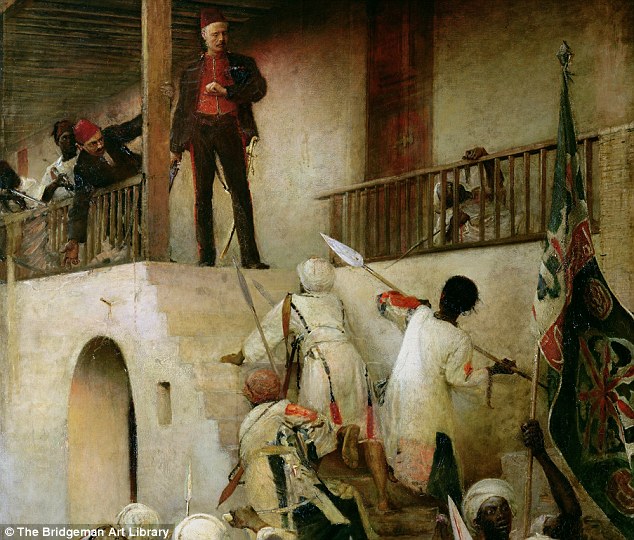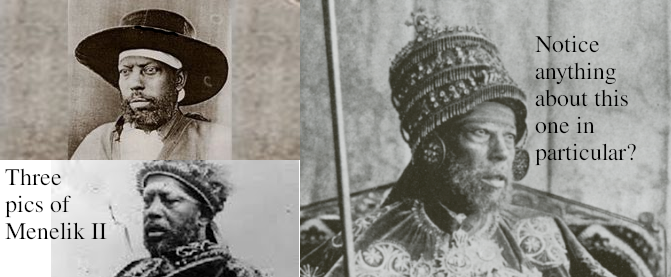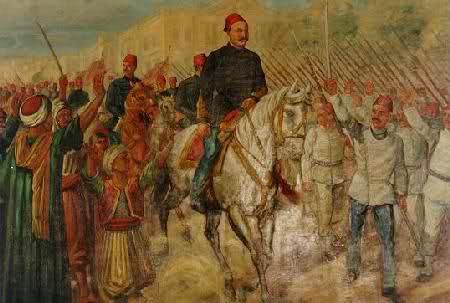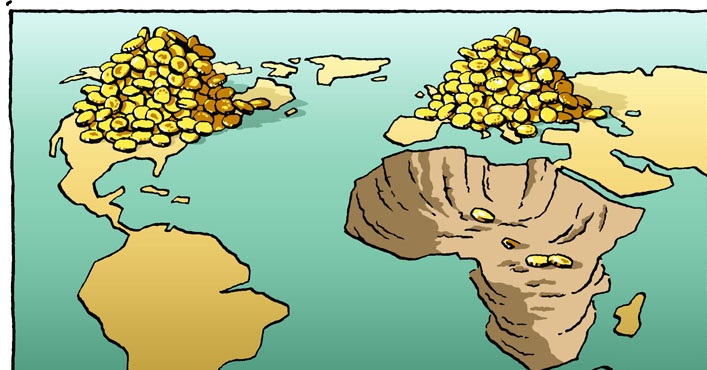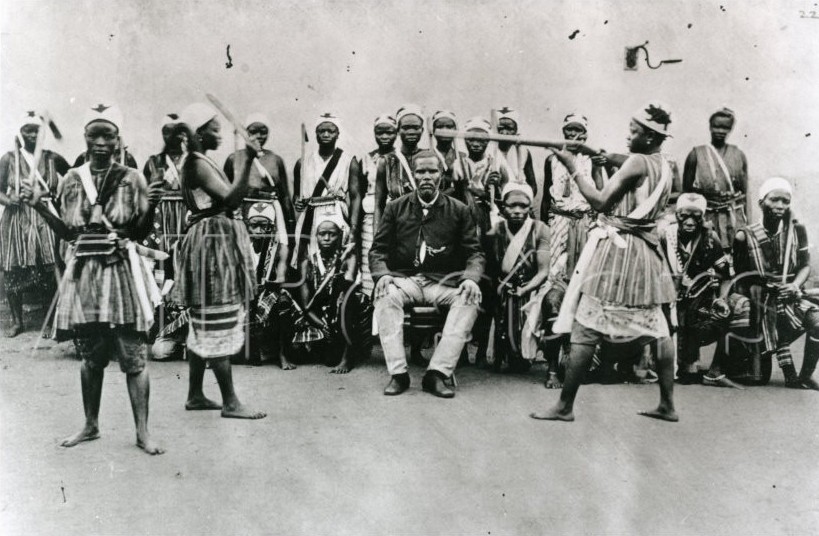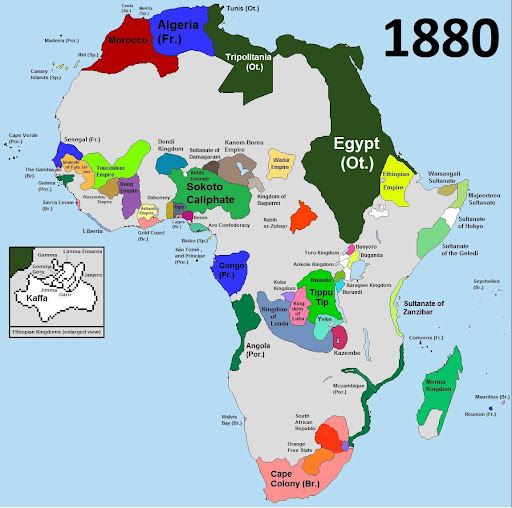The wealthiest and most powerful state in Africa is South Africa, and its fate has been pivotal to the whole continent. This was no less true during the Scramble for Africa, which is why this series will have multiple episodes on South Africa. In this one, the so called “frontier wars” between the Europeans and the Xhosa; the Cattle Killing Movement; how the Cape Colony fell into British hands, the Boers and the British Empire, the Dutch East India Company, Canada and other analogies…
Tag: Scramble for Africa
Scramble for Africa 8: Belgium Steals Congo
This one is about the precolonial African powers in the Congo – Zanzibar’s representative Tippu Tip, Msiri of Katanga, and a few others (but mainly these two). We talk about their rise in the context of growing European power, and their eventual fall to Belgium – although as you’ll see it wasn’t exactly Belgium, but Leopold II and his British and German allies that made the theft of Congo possible. Another key piece – the centre of the board – falls in the Scramble for Africa.
Scramble for Africa 7: The Continent Carved Up at the Berlin Conference 1884
After six episodes of preparation we are ready to talk about the famous Berlin Conference of 1884 where Africa was actually carved up. Along the way you meet some of the most legendary villains – Stanley and Leopold (though you still haven’t met Rhodes), also Livingstone and Brazza. We end in Berlin itself and at the Berlin Conference 1884.
Scramble for Africa 6: Sudan – the fall of Gordon and the rise and fall of the Mahdi
The British imperialists take Sudan. First, they send Gordon, acting in the name of the Khedive of Egypt. That doesn’t go so well. The next expedition culminates in the brutal battle of Omdurman in 1898, the quintessential colonial military mismatch and the demonstration for the colonial use of the machine gun. We tell Gordon’s story in detail, and tell the story of the Mahdi and his successor the Khalifa, also in some detail, trying to get at least a little bit beyond what his British enemies (and captives) said about him.
Scramble for Africa 5: How Menelik Kept Ethiopia Independent at the Battle of Adwa, 1896
Fifth instalment in our Scramble for Africa series is the story of Abyssinia (aka Ethiopia), which managed to maintain its independence during the Scramble for Africa despite all the efforts of the would-be Italian colonizers (who would be back in the 20th century, but not during the Scramble). We focus on the rulers of Abyssinia but we get into the colonizer’s intrigues too, concluding with the decisive battle of Adwa, at which an African victory threw off European racial science so badly that Europe had to “whiten” the Ethiopian King Menelik II and the Ethiopians in their race theories.
Scramble for Africa 4: Britain Takes Egypt with Finance (and War), 1882
In 1882 at the battle of Tel el Kabir, Garnet Wolesley (who had suppressed the Riel Resistance in 1870) defeated the Egyptian nationalists led by al-Arabi. This was the final blow in a long imperialist campaign to take Egypt from the ambitious modernizers that had ruled it from the 1820s. The epic financial swindle involved are far too little known, but luckily they were chronicled in amazing detail by Theodore Rothstein, in a 1910 book called Egypt’s Ruin, with an introduction by Wilfred Scawen Blunt. Rothstein and Blunt are interesting characters themselves, but the story they tell has many resonances and should be carefully attended to by anyone who’s ever wondered what the IMF, World Bank, and US military are up to today… our 4th instalment in the Scramble for Africa series.
Scramble for Africa 3: Theories of Imperialism
Our third instalment before we really dig into the actual scramble for Africa is to give you a flavor for how we’re interpreting what we read. Lenin wrote Imperialism, the Highest Stage of Capitalism as an explanation for WWI, but much of what he wrote was about Africa; WEB Du Bois wrote an essay with the same intent and a similar argument, called The African Roots of the War; and of course Walter Rodney returns to our discussion to prepare us to get into the history. Dave makes some critiques of Lenin (and Hobson) citing Fieldhouse, and concludes the episode with his own multicausal interpretation for the scramble, which was how he taught it in high school.
Scramble for Africa 2: Africa resists the slave trade
Take a tour with us of a few of the African kingdoms that tried to resist the slave trade – before, in some cases, giving in. King Affonse of Kongo, Queen Nzinga of Matamba, Agaja of Dahomey (and others from that kingdom), the Asante in the west, and then east we have Abyssinia, the Bachwezi, and in the south we talk about Shaka Zulu and about the Merina kingdom in Madagascar. A short debate about the European and Arab slave trades, and then some notes about nutrition in Africa before colonialism (spoiler: Africans ate much better before the Europeans colonized them, which involved stealing their food).
Scramble for Africa 1: Pre-Scramble Africa – the Slave Trade and the Gold Coast
A new Civilizations series on the Scramble for Africa. We begin our series on this decisive event in world history with a multi-episode survey of pre-colonial Africa. In this episode we talk about the devastation wrought by the European slave trade and focus on Africa’s West Coast (then known as the Gold Coast) before the scramble. There’s also a bit of debating Afrocentrism (you can imagine who takes which side of the debate).

